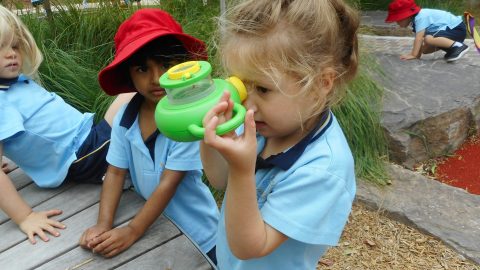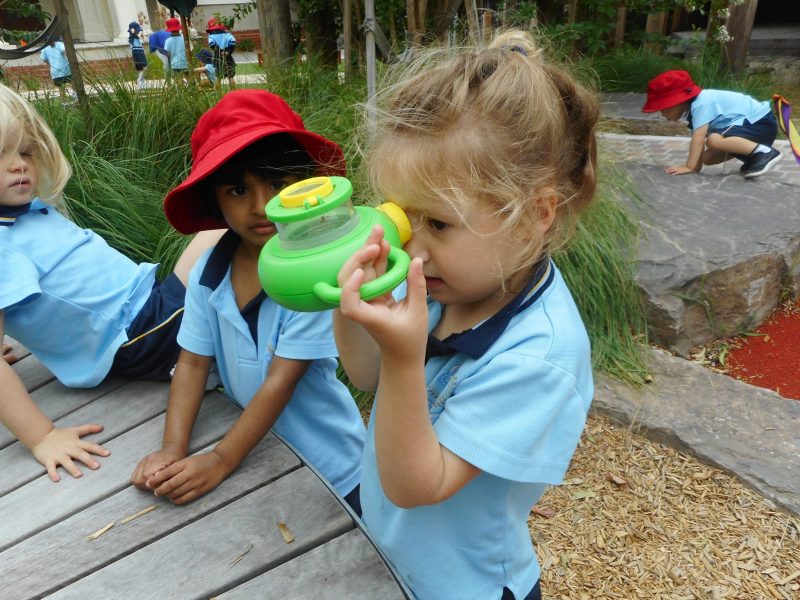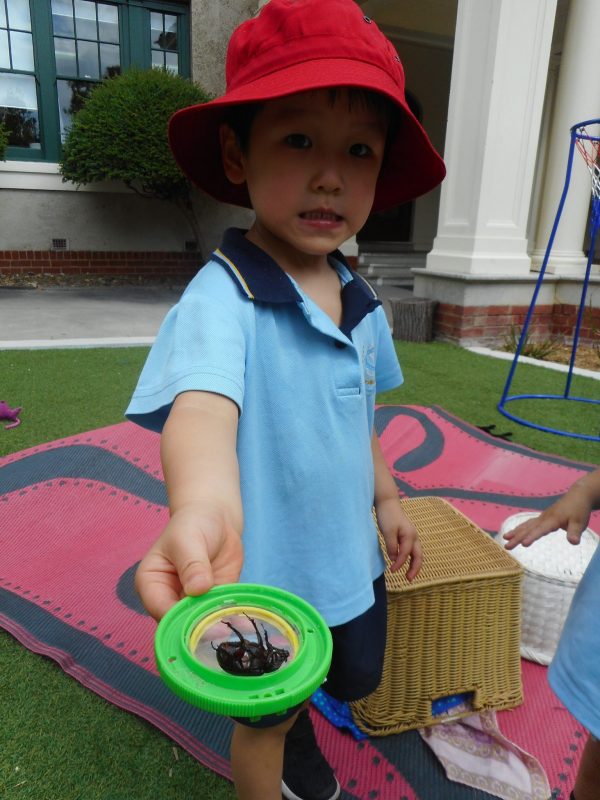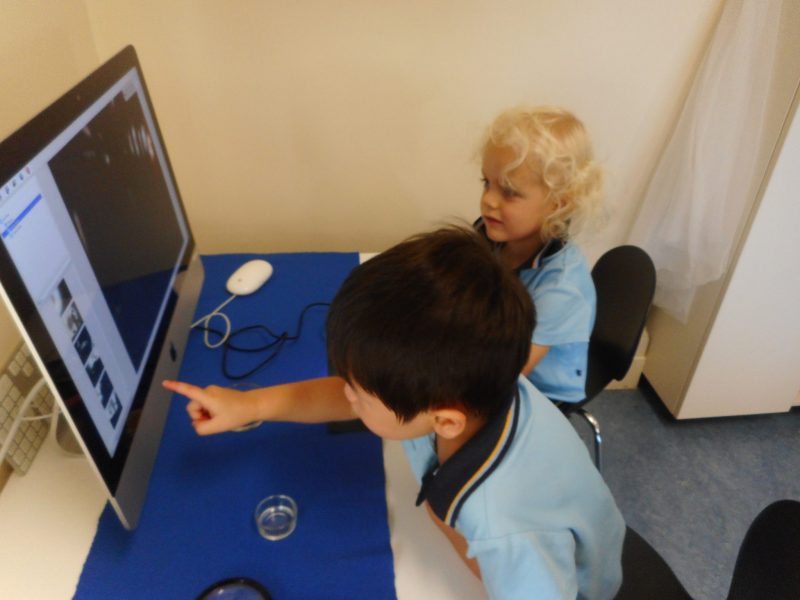Campbell House News

“The wider range of possibilities we offer children, the more intense will be their motivations and the richer their experiences. We must widen the range of topics and goals, the types of situations we offer and their degree of structure, the kinds and combinations of resources and materials, and the possible interactions with things, peers and adults.”
Loris Malguzzi (20th century), Italian Early Education specialist.
Connections and Relationships
The beginning of the School year has seen the children in Campbell House begin to establish and develop relationships with each other, their educators and their new environment. Whilst the children begin to familiarise themselves with their new environment, routines and expectations, educators focus upon connecting children to learning, achieving and meeting new people. Making friends is emphasised with vigour.
Strong relationships in the classroom environment help children feel safe, secure, supported and ready for learning, thus highlighting the importance of developing these connections at this stage of the year. Children are curious and confident learners and as relationships continue to strengthen they will become even more confident.
Learners are viewed as confident, competent and capable. Staff in Campbell House quickly familiarise themselves as soon as possible with each student. Craft programs and activities are organised to nurture and foster children’s innate curiosity, competence and eagerness to learn. Also, to make positive and meaningful connections with others.
Setting Up Future Growth and Learning
In a recent Blue Ribbon article, the Early Years Learning Framework (National Curriculum) known as the EYLF was highlighted.
This Framework, along with the Reggio Emilia approach to Early Learning set our learners on a journey of strong, positive development in all of the key areas essential for healthy growth and personal satisfaction.
The five key outcomes of the EYLF are:
- Children have a strong sense of identity
- Children are connected and contribute to their community
- Children have a strong sense of wellbeing
- Children are confident and involved learners
- Children are effective communicators
Setting the stage for children to experience positivity, self-worth, respect and the thrill of personal achievement is critical. Campbell House staff passionately work towards cultivating this environment every day for our learners.
Mrs Alana Moor
Head of ELC and Junior School
Waratah Room
The children in the Waratah Room have been provided with a wonderful and slightly unexpected avenue of inquiry this Term. The children have noticed that unpredictable weather has led to ants in the ELC garden migrating inside the classroom.
At first the children were unsure about the ants, however after observing these insects more closely with magnifying glasses, they became fascinated. A small world set up of different insects has further ignited the children’s interest in this area.
Small group times such as Morning Tea have provided the children with an opportunity to discuss their observations socially with peers, and with the help of a teacher, to view photos of ants on the iPad.
After seeing an image of ants working together to carry a caterpillar Arlo commented, “they are like a team.”
This wonderful observation, initiated a conversation amongst the children on how Waratah Room is like a team and how we can help each other. Forming connections to one another and our community is a key part of the children feeling a sense of belonging in their new classroom.
-

Exploring the wonders of the insect world.
-

An amazing discovery in the ELC playground.
-

Learning more about the insect world.
As educators we are encouraging the children to pursue their curiosity around insects and further their learning relationships with each other by going on ‘insect hunts’ in the garden, researching using ICT or books and discussing their knowledge at group times.
Who knows where this inquiry may lead!


